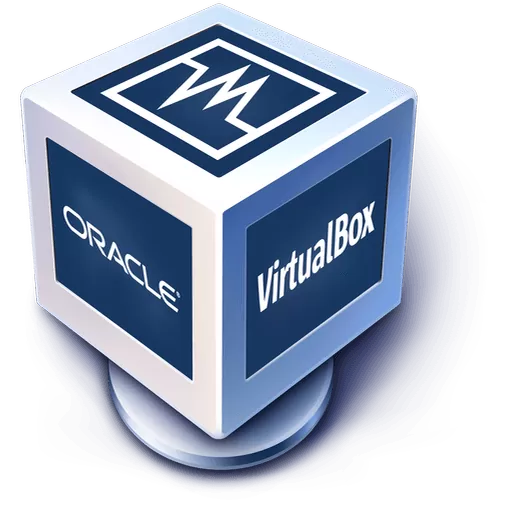VirtualBox is a powerful x86 and AMD64/Intel64 virtualization product for enterprise as well as home use. Not only is VirtualBox an extremely feature rich, high performance product for enterprise customers, it is also the only professional solution that is freely available as Open Source Software under the terms of the GNU General Public License (GPL) version 2.
Note: It has been reported that version 7.0.20 has better performance that version 7.1, so we have kept this version available for users. Version 7.1 is also listed for those interested.
Can I run macOS on a Windows machine?
Yes. With VirtualBox, you can install multiple operating systems on a single PC and seamlessly switch between them, including macOS on Intel hardware (experimental feature). VirtualBox can run multiple x86 OS such as Windows, macOS, Linux distributions, FreeBSD, and OpenBSD on your host machine. The operating systems run within an application, which virtualizes the hardware in a completely isolated environment.
Is VirtualBox free?
Yes, VirtualBox is a free and open source virtual machine platform for personal, educational, or evaluation use.
Do I need to dual boot or repartition the disk?
No, that's not necessary. VirtualBox uses your computer's file system and creates files that map to a virtual machine's disk drives, so there is no need to create a partition for each operating system. If you already have another OS with dual boot, you can use VirtualBox to run the other operating system in a virtual machine on your host operating system. Instead of dual booting, you can run both operating systems simultaneously and seamlessly switch from one operating system to another with a click of your mouse.
Can I run an x86 virtual machine on Arm hardware?
Unfortunately, no. You can't run an x86 image on Arm via VirtualBox. Virtual Box will only allow you to run virtual machines on the same underlying architecture as your host machine supports.
Features
Modularity.
VirtualBox has an extremely modular design with well-defined internal programming interfaces and a client/server design. This makes it easy to control it from several interfaces at once: for example, you can start a virtual machine in a typical virtual machine GUI and then control that machine from the command line, or possibly remotely. VirtualBox also comes with a full Software Development Kit: even though it is Open Source Software, you don't have to hack the source to write a new interface for VirtualBox.
Virtual machine descriptions in XML.
The configuration settings of virtual machines are stored entirely in XML and are independent of the local machines. Virtual machine definitions can therefore easily be ported to other computers.
Guest Additions for Windows, Linux and Solaris.
VirtualBox has special software that can be installed inside Windows, Linux and Solaris virtual machines to improve performance and make integration much more seamless. Among the features provided by these Guest Additions are mouse pointer integration and arbitrary screen solutions (e.g. by resizing the guest window). There are also guest additions for OS/2 with somewhat reduced functionality.
Shared folders.
Like many other virtualization solutions, for easy data exchange between hosts and guests, VirtualBox allows for declaring certain host directories as "shared folders", which can then be accessed from within virtual machines.
VirtualBox is being actively developed with frequent releases and has an ever growing list of features, supported guest operating systems and platforms it runs on. VirtualBox is a community effort backed by a dedicated company: everyone is encouraged to contribute while Oracle ensures the product always meets professional quality criteria.
What's New
This is a maintenance release. The following items were fixed and/or added:
- VBoxManage: Fixed a crash when running 'guestcontrol run' on Windows hosts (bug #22175)
- Audio: Fixed device switching on Windows hosts (bug #22267)
- Windows host installer: Fixed multiple installation entries in the 'Add or remove programs' dialog and upgrade issues
- Linux host: Fixed issue which caused VM Selector process crash due to missing libdl.so and libpthread.so libraries (bug #22193)
- Linux host: Removed libIDL as a build time dependency when building VirtualBox from source code (bug #21169)
- Linux guest and host: Added initial support for kernel 6.15 (bug #22420)
- Linux guest: Added initial support for kernel 6.16-RC0
- Linux guest and host: Fixed issue with building modules for UEK8 kernel on Oracle Linux 9 distribution
- RDP: Fixed issue when it was not possible to paste clipboard buffer into a guest over RDP remote session


